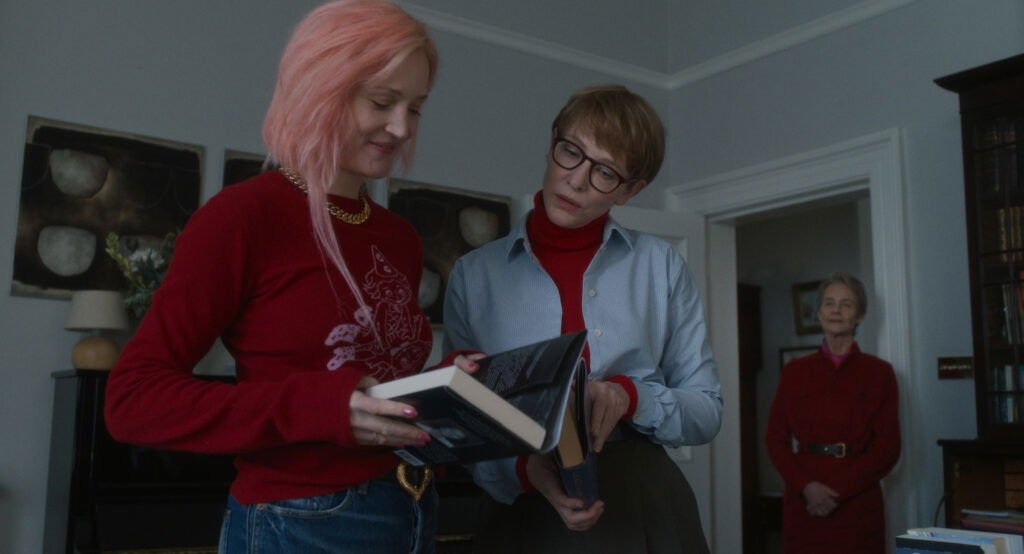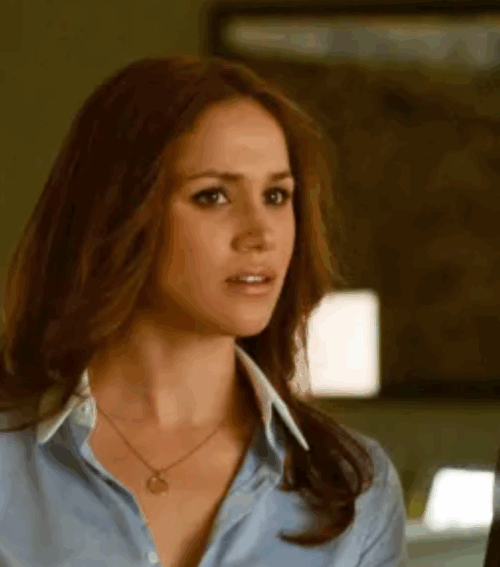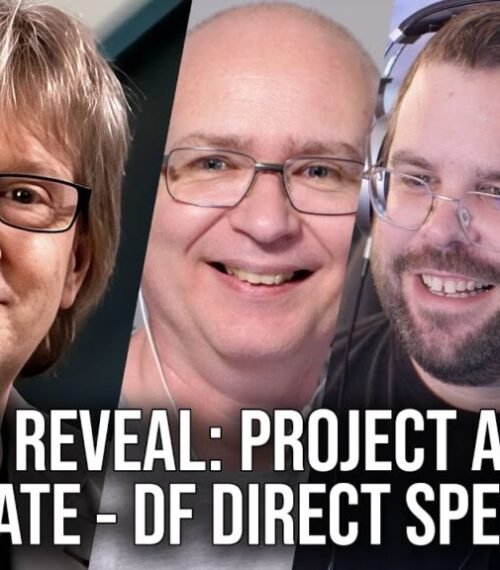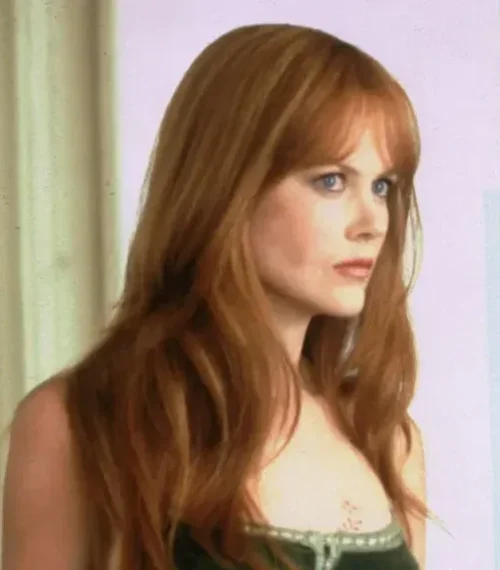Jim Jarmusch (Paterson) is a name that, by itself, carries significant weight in American indie cinema, known for a minimalist style and deadpan humor. The general expectation for a new project from the filmmaker — especially one that won the Golden Lion at Venice and features a superb cast — is always sky-high, but personally, I cannot state I’m greatly familiar with his career. However, in Father Mother Sister Brother, what was expected to be an observational meditation on family complexity turned out, for me, to be a profoundly frustrating and forgettable experience.
With Jarmusch himself serving as both writer and director, the film presents itself as a triptych, dividing its narrative into three distinct acts, each exploring different dynamics of nuclear families in different countries. The first segment, Father, brings siblings Jeff (Adam Driver) and Emily (Mayim Bialik) together for an awkward visit with their reclusive father (Tom Waits) in New Jersey. The second, Mother, takes us to Dublin, where sisters Timothea (Cate Blanchett) and Lilith (Vicky Krieps) meet for an annual tea party with their austere author mother (Charlotte Rampling). The final segment, Sister Brother, follows twins Skye (Indya Moore) and Billy (Luka Sabbat) in Paris, confronting the legacy of their recently deceased parents.
Father Mother Sister Brother review
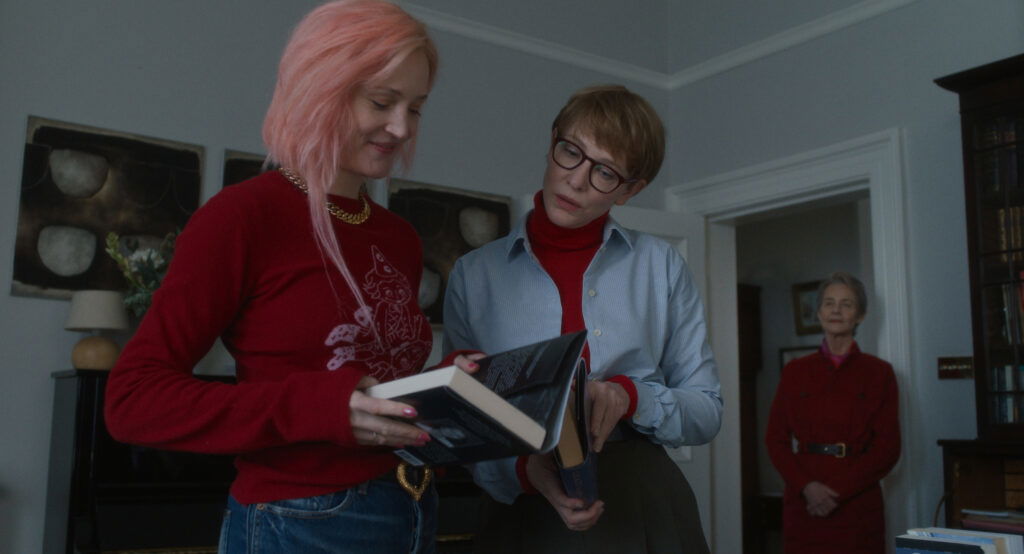
The premise of Jarmusch’s cinema often resides in the “nothing,” in the careful observation of mundane human interactions. The problem with Father Mother Sister Brother isn’t that it’s a slow movie, but that it’s repetitive and fails to extract enough meaning or humor from its formal intention.
The triptych structure, which should serve to show us the universal variations of the theme of emotional distance, fails miserably. Instead of presenting three complementary perspectives, it offers three stories so similar that it’s difficult not to question whether it had the substance for a feature-length movie. The formula is almost always the same: long-estranged families reuniting, resulting in a succession of awkward silences and forced dialogues that never develop into a confrontation, resolution, or even an understanding. The tension is palpable in all segments, but Jarmusch persistently refuses to give it any kind of outlet, culminating in a sense of emptiness that isn’t poetic, just exhausting.
Each family unit holds a ‘secret’ or an unresolved tension, whether it be non-transparent financial problems or lies about professional status. These are dramatic springs that were expected to be explored or, at least, felt, but which are simply ignored by the participants. “I don’t wanna deal with that right now” is the explicit phrase, like so many others, that constantly hangs in the air, transforming each chapter into a half-hour of ineffective boredom.
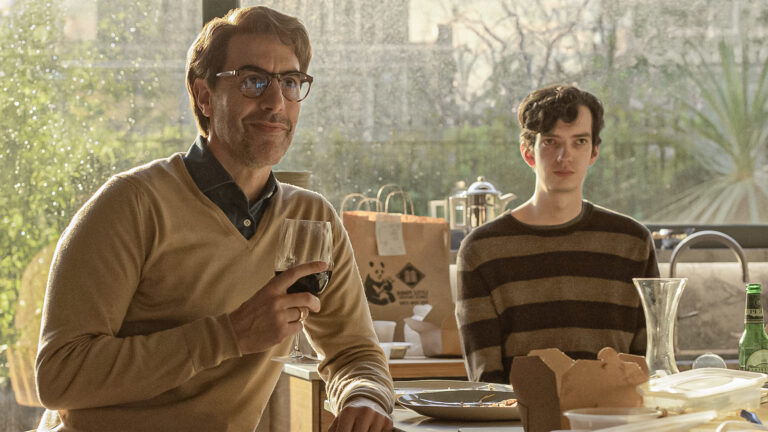
There’s a Cate Blanchett Masterpiece on Apple TV+ That’s Flying Under the Radar
Jarmusch sprinkles the stories with a series of recurring motifs that, supposedly, should link the narratives or inject some necessary eccentricity, but which end up underscoring its deliberate monotony. It’s the toast with water, tea, or coffee; the forced, typical British joke of ‘Bob’s your uncle’; the obsession with skaters in slow motion. It’s possible to make a Herculean effort to see these as a fleeting symbol of freedom or escape from the prison of obligatory family relations, but it’s a stretch that Father Mother Sister Brother never bothers to earn. They are just repetitions that irritate, turning the message — that all families are strange, distant, and dishonestly superficial — into a tedious observation.
The dry, expressionless humor I appreciate in any genre also doesn’t work. Save for rare exceptions, the jokes die in the air. The festival reception reflected this: it was the only screening of the day that ended without a single clap and with the room in sepulchral silence. However, it must be acknowledged that, even amidst this numbness, the talent of some actors manages to shine. Krieps’ character, defined by her pink hair, is the injection of fun and irreverence that the film desperately needed. Her silent, yet comedic, confrontation with Blanchett’s more sober sister is one of the few moments that pulled a genuine smile from me.
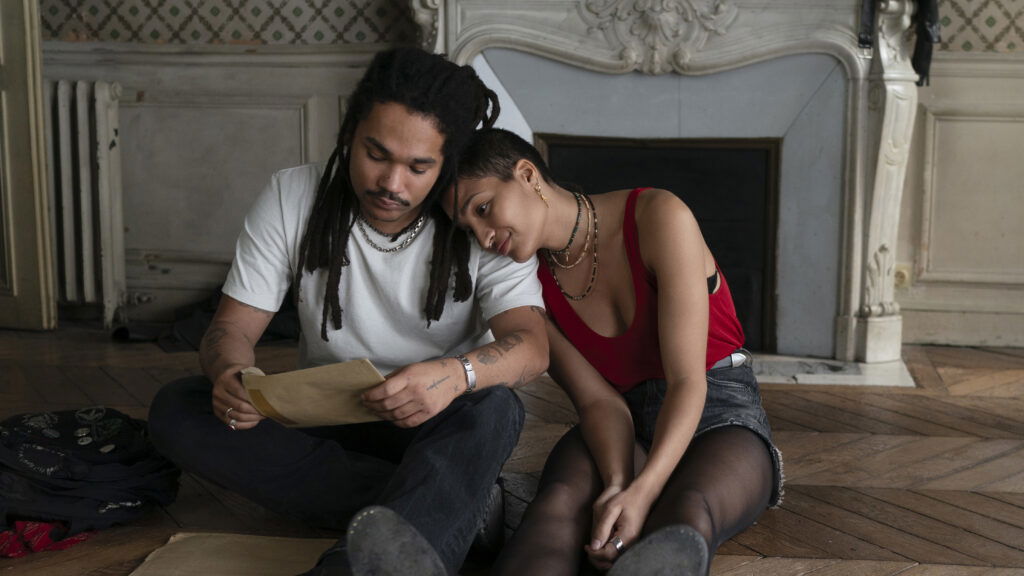
The third segment, focused on Moore and Sabbat’s twins, is, by far, the most adequate. Perhaps because they don’t have parents present, their dialogue flows more naturally and their connection is real, escaping the monotonous and forced performances that mark the first two segments. It’s in this section that the portrayal of the characters, done through subtle and implicit details about the lives of the deceased parents, manages to be slightly more than superficial.
But these are insufficient bright spots to redeem Father Mother Sister Brother. The depth that Jarmusch seeks in basic interactions is, ironically, replaced by a superficiality that’s neither redemptive nor intriguing. There’s no sense of development, nor the urgency of a message like “say what you need to say before it’s too late”. Everything ends as it began: with indifference.
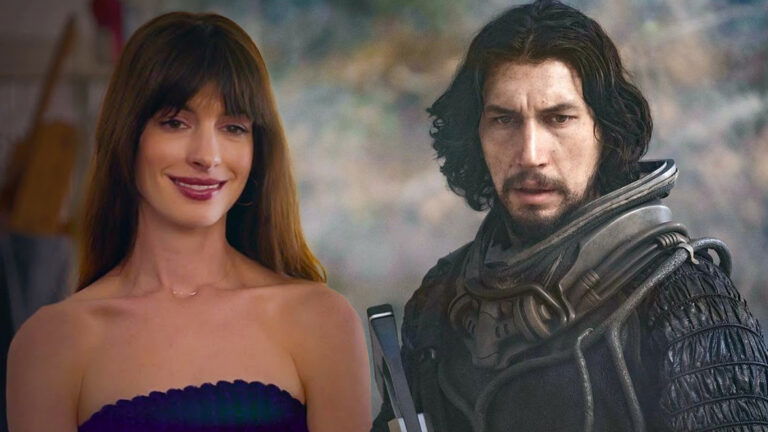
Alone at Dawn: Adam Driver and Anne Hathaway Join Forces to Honor Afghanistan War Hero
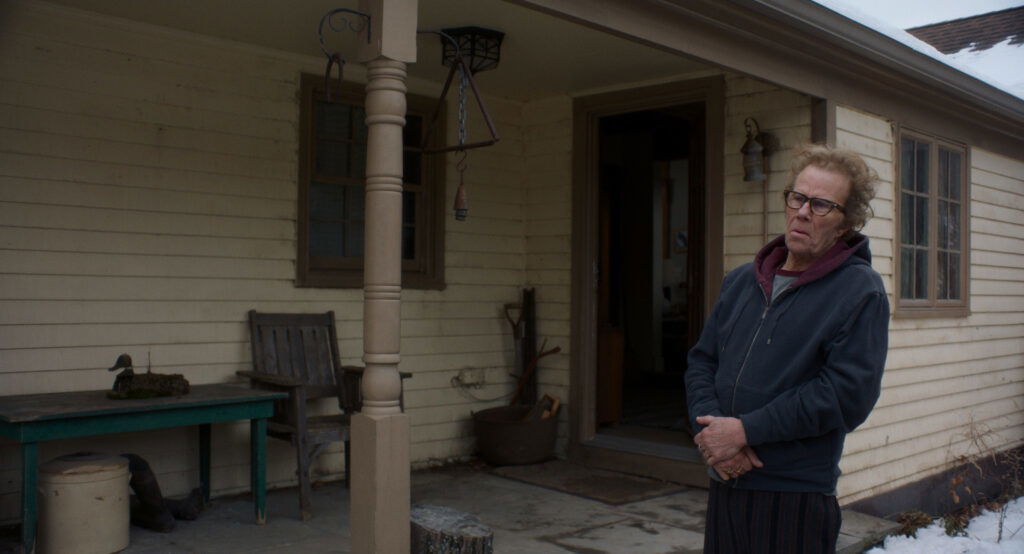
Is Father Mother Sister Brother worth watching?
Father Mother Sister Brother aims to be a discreet triptych about modern isolation and family bonds, but its rigid structure and aversion to conflict transform it into an exercise in style that empties itself of true content. Purposely monotonous, slow, and repetitive, Jim Jarmusch promises contemplative silence that, unfortunately, becomes a practically null experience, proving that minimalism, when stripped of an emotional or thematic backbone, is merely inertia. A complete letdown.
Father Mother Sister Brother releases in theaters on December 24.

